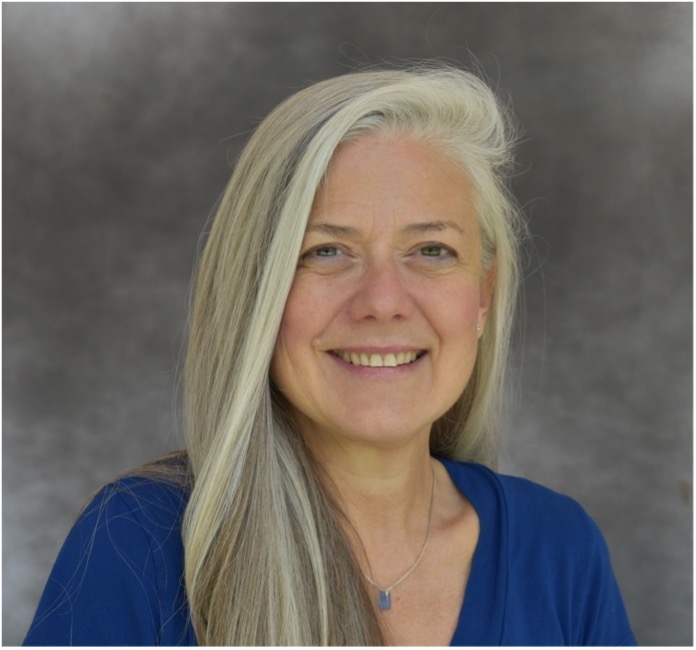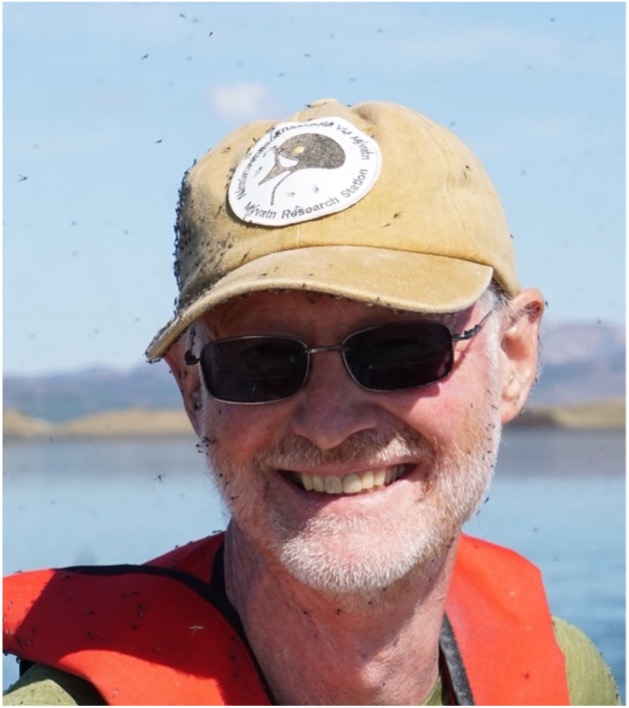Steenbock professorships awarded in biological sciences, and behavioral and neural sciences
Marina Emborg, professor of medical physics and director of the Preclinical Parkinson’s Research Program at the Wisconsin National Primate Research Center, and Anthony Ives, professor of integrative biology, have been named recipients of UW–Madison Steenbock Professorships.
The Steenbock Professorship provides research funds to recipients annually for 10 years and honors those faculty who have made major contributions to the advancement of knowledge, primarily through their research endeavors at UW–Madison, but also as a result of their teaching and service activities. The award supports recipients as they explore innovative research directions and new approaches to their research area.
“The Steenbock Professorship is among the most prestigious and important professorships for researchers at the UW–Madison,” says Dorota Brzezinska, vice chancellor for research. “Recognizing excellent faculty researchers is not just a celebration of their individual achievements, but an affirmation of the intellectual curiosity, dedication, and innovation that fuels research progress at UW–Madison.”
In the early 1980s, Evelyn Steenbock initiated a program to endow a series of professorships in the natural sciences in honor of her late husband, Harry Steenbock, emeritus professor of biochemistry. Harry Steenbock (1886-1967) developed an inexpensive method of enriching foods with Vitamin D. His discovery led to the eradication of rickets, throughout most of the world. He is also renowned for his discovery of the conversion of carotenes to vitamin A.
Steenbock assigned his patents for advances in human and animal nutrition to the Wisconsin Alumni Research Foundation (WARF), and accumulated royalties from Steenbock’s patents supplied about half the funds for the Steenbock Memorial Library construction on campus. Steenbock Memorial Library is a primary resource library for the students, faculty and research staff at the UW–Madison.
Emborg, awarded the Steenbock Professorship in the Behavioral and Neural Science, directs the Preclinical Parkinson’s Research Program at the Wisconsin National Primate Research Center and is a professor in the Department of Medical Physics. She joined UW–Madison in 2004 and is a world-leading expert in translational research for Parkinson’s disease.
Emborg received her M.D. and then her Ph.D. in 1993 from the University of Buenos Aires, Argentina. She did her postdoctoral training at Somatix Therapy Corp. and the Parkinson’s Institute in Sunnyvale, California, followed by a fellowship at the University of Michigan, Ann Arbor.
Her research aims to understand and find solutions for neurodegenerative disorders, including Parkinson’s and frontotemporal dementia. She leads a team dedicated to creating platforms for analyzing neurodegeneration across the lifespan, in order to identify biomarkers and treatment targets.
Emborg’s ability to collaborate and lead multidisciplinary teams from academia and industry has produced foundational studies in disease models, methods of evaluation and therapy delivery. She has pioneered the development of cell- and gene-based therapies as well as the creation of conceptual frameworks for ethical clinical translation of novel treatments. Most recently, her team collaborated with Aspen Neurosciences to create an innovative neurosurgical approach for intracerebral delivery of autologous cells, which led to a phase 1/2 clinical trial for Parkinson’s patients.
She is also a dedicated mentor to many undergraduate and graduate students, postdocs and junior faculty. In 2023 she was recipient of the University of Wisconsin-Madison Mentor Award in Research, Scholarly and Creative activities.
“I am grateful for the support and encouragement that I have received over the last 20 years from the UW–Madison and my amazing collaborators. I can’t imagine a better place to do this research. I plan to use this award to explore the biological underpinnings of depression and anxiety and how they relate to the onset of Parkinson’s and Frontotemporal dementia,” Emborg says.
Ives, awarded the Steenbock Professorship in the Biological Sciences, is a member of the Department of Integrative Biology. He joined the faculty in 1990 as a theoretical ecologist, and his work bridges between mathematical theory and ecological experiments to understand complex ecosystems.
Ives received bachelor’s degrees in biology and mathematics from Rochester University and his Ph.D. from Princeton University in 1988. As a postdoc at the University of Washington, he started work on aphids, and he has continued this work in Wisconsin where aphids are pests of alfalfa crops. Aphids in alfalfa are generally kept in check by a diverse ecological community of predators, and Ives is studying when and how this natural pest control works well. In the last decade, he has focused on the rapid evolution of aphids to resist their predators, and how this evolution can be managed to improve natural pest control.
For the last 15 years Ives has also had a field project studying Lake Mývatn, Iceland, in collaboration with the Mývatn Research Station. Mývatn’s ecosystem is dominated by midges, and although Mývatn is only the size of Lake Mendota, it can produce the biomass of midges equal to 200 humpback whales. While the study focuses on midges, the midges have such a large impact that the research extends to everything in the Mývatn ecosystem.
Ives is a dedicated teacher and mentor, and he has taught the introductory ecology course in Integrated Biology since arriving to Madison, receiving the Chancellor’s distinguished teaching award in 2008. Ives has mentored 22 graduate students (2 M.A., 20 Ph.D.) and 22 postdocs who now populate academia in the United States and beyond.
“I am so grateful for my colleagues at UW–Madison — staff, students, and faculty — who have shaped my career and created such a great place to teach and study. I am also grateful for the Steenbock Professorship which provides some security for members of my lab in the turbulence now facing academics and basic science in the USA.”
By Natasha Kassulke, natasha.kassulke@wisc.edu


